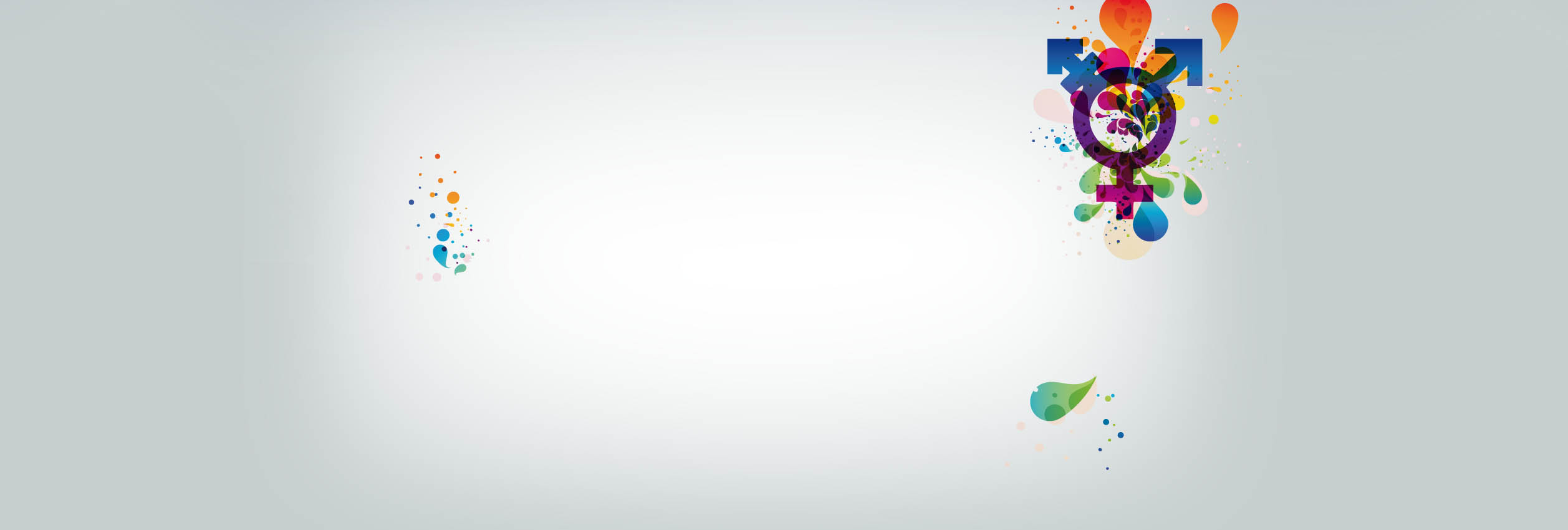The vast majority of trans youth around the world cannot obtain legal recognition of—or official documents that match—their gender identity. This means trans youth have to navigate sex-segregated situations with no formal documents that support their gender identity.
This exposes trans youth to exclusion, discrimination, and abuse. Day-to-day impacts include being excluded from single-sex schools, and from gender-segregated activities such as sports teams or school camps. Often trans children and youth are prohibited from using school bathrooms that are appropriate for their gender identity, placing them at high risk of violence and bullying.
This brief explains international human rights obligations and current recognition laws from across the world. It also examines key arguments made by those who opppose legal gender recognition for trans youth. It is the third of four resources for activists that accompany Open Society’s 2014 report on legal gender recognition across the world, License to Be Yourself.
Télécharger le document : format pdf
Source : http://www.opensocietyfoundations.org/briefing-papers/trans-children-and-youth
This exposes trans youth to exclusion, discrimination, and abuse. Day-to-day impacts include being excluded from single-sex schools, and from gender-segregated activities such as sports teams or school camps. Often trans children and youth are prohibited from using school bathrooms that are appropriate for their gender identity, placing them at high risk of violence and bullying.
This brief explains international human rights obligations and current recognition laws from across the world. It also examines key arguments made by those who opppose legal gender recognition for trans youth. It is the third of four resources for activists that accompany Open Society’s 2014 report on legal gender recognition across the world, License to Be Yourself.
Télécharger le document : format pdf
Source : http://www.opensocietyfoundations.org/briefing-papers/trans-children-and-youth









